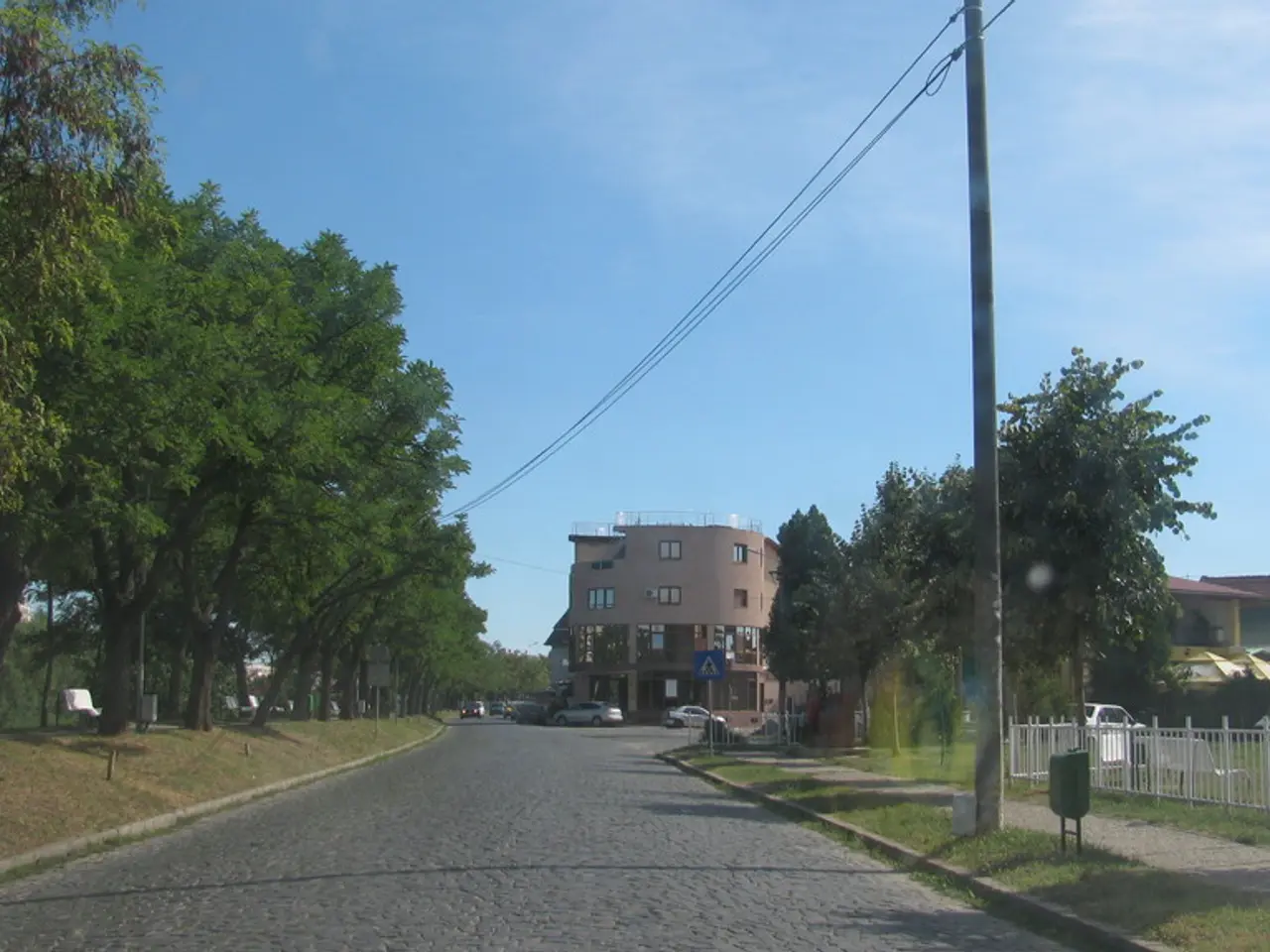Criticism Mounts: Jusos and Green Youth Slam Federal Government's Retirement Plan Policy
Germany's pension reform proposals aim to maintain the statutory pension level at 48% of average net income until 2031, increase pension contributions slightly, and expand benefits such as the "mother’s pension" for parents who took time off work to raise children[1][2]. The pension “holding line” guaranteeing a pension level of 48% is extended to 2031, with pension contributions rising by 0.2 percentage points starting 2027, reaching 18.8% of income[1].
However, the debate centers on whether these measures are sufficient and financially sustainable given Germany’s aging population and shrinking workforce. Economy Minister Katherina Reiche has advocated for longer working lives, citing demographic challenges like falling birth rates and growing elderly population—by 2040, one-quarter of the population is expected to be 67 or older[3].
Critics argue maintaining the 48% pension level is untenable and that the government should raise the retirement age beyond 67 or implement more structural reforms to ensure long-term viability[3]. Some political voices, especially from the SPD and Greens, reject proposals to cut pension or social benefits, warning that reducing pensions would increase poverty, especially among vulnerable groups like women in eastern Germany. They emphasize alternative strengthening measures, such as increasing labor market participation for women and migrants[4].
Economist critiques calling for benefit cuts and greater cost-sharing are opposed by the governing coalition, which plans a commission to develop comprehensive welfare reforms with recommendations expected by year-end[4].
In contrast, Johannes Winkel, head of Young Union, criticizes the government's plans for severely restricting the scope of younger generations. Winkel suggests ending early retirement systems and defends plans to raise the retirement age to ease the burden on the coffers. Winkel's call for changes in pension policy does not align with Jette Nietzard's belief that costs associated with demographic change should be distributed by wealth and ability to perform, not just by age[5]. Nietzard characterizes pension policy as a conflict of distribution, not a generational conflict.
Philipp Türmer, head of SPD youth organization Jusos, has called for higher wages and inclusion of all occupational groups in the statutory pension system. Nietzard and Türmer are against constant attacks by the Union on the statutory pension system. Jette Nietzard, head of Greens Youth, describes the federal government's pension plans as "brazen."
Winkel compares the need for changes in pension policy to the courage shown during Agenda 2010, a series of far-reaching reforms implemented in the early 2000s to address unemployment and labour market issues[6]. The ongoing debates reflect concerns about long-term funding, with proposals ranging from raising the retirement age to expanding labor force participation and resisting cuts to social benefits. A broad welfare reform commission is expected to propose more substantial changes later in 2025[1][2][3][4][5].
References: [1] Bundesregierung [2] Deutschlandfunk [3] Handelsblatt [4] Tagesschau [5] Deutschlandfunk [6] Deutschlandfunk
All parties involved, including the Economy Minister Katherina Reiche and the SPD and Greens, are engaged in a debate over the government's pension policies, as critics deem the 48% pension level as untenable and propose alternative strengthening measures such as increasing labor market participation and negotiating more substantial welfare reforms [3,4]. Economist critiques, on the other hand, advocate for benefit cuts and greater cost-sharing, causing disagreement within the governing coalition [4]. These conflicts point towards the necessity of a comprehensive review of policy-and-legislation and politics surrounding general-news topics like pension reforms.





